'Dear Zoo' is fantastic for engaging little ones with it's interactive flaps and repetitive text that allows children to begin to engage and 'read' the story themselves. Have fun making each animal noise together as your child opens each flap to teach early sound production. Great for teaching animal vocabulary too! 'The Very Hungry Caterpillar' has become a classic that all children love. Great for teaching early story sequencing skills, food vocabulary, counting skills and concepts. If you missed my recent blog on the benefits of reading to children daily you can see it below: http://www.speechsmart.com.au/blog/number-1-on-my-play-chat-learn-activity-list-read-together-daily
Number 1: Read Together Daily:Make a habit of reading together with your child everyday. Reading to your child is the one thing that has the biggest impact on your child learning to read later on. Start reading to your child from when they are a baby. When a child is read to everyday reading becomes a natural and enjoyable part of their life. Reading to your child has so many developmental and pre-literacy benefits e.g. encourages shared attention and listening skills, builds vocabulary and sentence understanding and use, teaches print awareness, helps them develop the ability to sequence ideas, teaches rhyme awareness through nursery rhymes and books with rhyming texts. If your child will only attend to a book for a short period you don't have to read the book word for word but just follow their lead, look at and talk about what they're interested in and get them to help you turn the pages. Interactive books with textures and flaps are great for engaging little ones. Once they start to attend for longer you can read more of the book to them. Read the same book many times. Children love to hear stories over again and they will pick up on different parts of the story and pictures through repeated readings. It's important to follow the child's interest, so if they point or talk about a picture, respond immediately by asking a question or offering a comment to prompt more talk. Literacy Milestones
Why is this important?Australian surveys suggest that somewhere between 10% and 20% of primary school children have persistent and significant problems in learning to read. A key underlying cause of literacy difficulties in these children is a deficit in phonological awareness. School age children with a language disorder often have associated difficulties in literacy due to poor phonological awareness skills. Also, school age children with a past history of speech and language impairment, even if they have had speech therapy for their difficulties as a pre-schooler, are at high risk of a learning disability. Hence, screening these children's phonological awareness skills early on and explicitly teaching them phonological awareness skills from preschool if difficulties are noted, is vital. Literacy is one of the most important foundations for success in school and life. In addition, research shows that in Australia: not all children arrive at school ready to take advantage of the learning opportunities provided. At school 1 in 5 children start school behind – poorly equipped to benefit from the social and learning opportunities (ABS, 2013 as cited in '2013 Lets Read Literature Review). Unfortunately, those who do not arrive at school with early literacy skills sometimes never catch up (Duncan et al., 2007; Chatterji, 2006; Roberts et al., 2005; Lonigan and Shanahan, 2010 as cited in '2013 Lets Read Literature Review'). The research indicates that the signs of vulnerability in literacy development are already evident from school entry. Hence, please read to your child everyday from when they are a baby even if it's just for 10-15 minutes before bed time. If you do have any concerns about your child's speech, language, phonological awareness or literacy skills please go and talk to a specialist teacher and seek support from a speech pathologist skilled in the assessment, identification and treatment of children with difficulties in these areas. Early intervention and support will make all the difference to your child's future wellbeing and enjoyment of school. Without the right support early on for children who experience early difficulties learning to read, they are unlikely to catch up to their peers and the longer it is left the more likely that the gap in ability will widen as schooling progresses. A poor foundation in literacy development in the early years increases vulnerability in literacy development and acquisition and decreases formal educational achievement (2013 Lets Read Literature Review). This has implications for general wellbeing because it is a predictor of a life characterised by a lack of formal education, limited employment opportunities, lower income and reduced access to healthcare. For more great information on this topic go to the 'Lets Read' website. Sarah's 'Play, Chat, Learn' Activity List For Parents:1. Read together daily. 2. Bubbles 3. Playdough 4. Teddy bears or dolls picnic. 5. Dolls house and little people play with toy furniture. 6. Toy train and vehicles play. 7. Favourite toys hide n' seek. 8. Bath time play 9. Puzzles 10. Craft: paint, cut, paste, build and/or colour in activities. Written By Sarah Creagh, Speech Pathologist.
Phonological Awareness Skills are the Single Best Predictor of a Child's Future Reading Ability!1/29/2017 Did you know phonological awareness skills of preschool children is the single best predictor of their future reading ability? It's a better predictor than socio-economic status or even their intelligence!
Phonological awareness "refers to the focus on the sounds of spoken language" that is, for a child to come to the realisation that a continuous stream of speech can be separated by individual words, that those words can also be broken up into one or more 'beats' or syllables, and that syllables are made up of a sequence of separate, single sounds (D. Konza, 2014). The most important of these phonological components for reading development is the awareness of the individual sounds or phonemes, that is phonemic awareness. "Once children understand that words can be broken up into a series of sounds, they need to learn the relationship between those sounds and the letters used to ‘map’ them onto paper: the alphabetic code. An understanding of the relationship between sounds and the letters that represent them (graphemes) is at the heart of reading an alphabetic language, thus the decoding step is non-negotiable if children are to become independent readers (Hulme et al, 2012 as cited in D. Konza, 2014)". Some children find it very difficult to "pull apart" words to perceive them as a series of separate phonemes (i.e. sounds) because the continuous nature of speech compresses them into a series of overlapping sounds through a process called co-articulation, disguising the segmental nature of speech. Children who find it difficult to hear the separate sounds in words cannot make the link between the sounds of speech and print symbols, making learning to read and spell our alphabetic language an enormous challenge. These children will need extra help to learn this skill! Children also need good oral language skills as this provides the platform for the development of phonological skills (D. Konza, 2014). Speech Pathologists assess children's phonological awareness skills, their letter-sound knowledge (coding skills) and their language skills. When difficulties are observed in one or more of these areas the speech pathologist works with parents and teacher's to strengthen a child's skills in these areas to maximise the child's potential for success at school in reading, spelling and across the curriculum. If your child is starting school or progressing into grade 1 or 2 and has poor phonological awareness skills (e.g. finds it difficult to clap out how many syllables are in words 2 syllables or longer, finds it hard to identify the sound a word starts with such as 'cat' starts with the 'k' sound, bike starts with the 'b' sound) and/or has a weakness in their oral language skills (e.g. uses non-specific words such as 'that thing' or 'that one' or 'it' frequently, struggles with following directions or understanding language, and/or find it difficult to put words together to form grammatical sentences and to express themselves clearly) a speech pathology assessment and talking to their teacher about what can be done to support them further is strongly recommended. In her very well written article, 'Teaching Reading: Why the “Fab Five” should be the “Big Six”' Deslea Konza, 2014, proposes that the current curriculum needs to change to include 'six' components critical to the development of reading rather than the current 5 with the addition of 'oral language' making it the "Big Six" and I'm in total agreement: • phonemic awareness • phonics • fluency • vocabulary • comprehension + • oral language It just makes sense! This article is really worth reading for any speech pathologist supporting children with literacy problems and for teachers and parents who's children have language and literacy difficulties. Teaching Reading: Why the “Fab Five” should be the “Big Six” Deslea Konza, Edith Cowan University. |
Author - Sarah CreaghI'm a speech pathologist with a passion for working in partnership with parents to support children to reach their maximum potential. Archives
September 2018
Categories
All
|

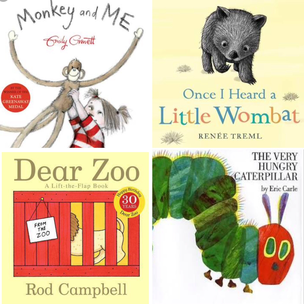
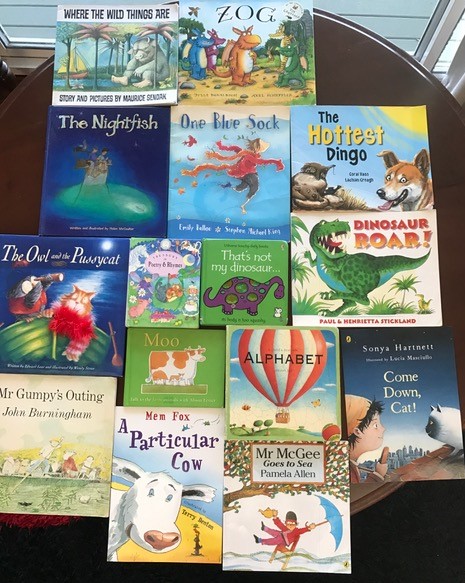
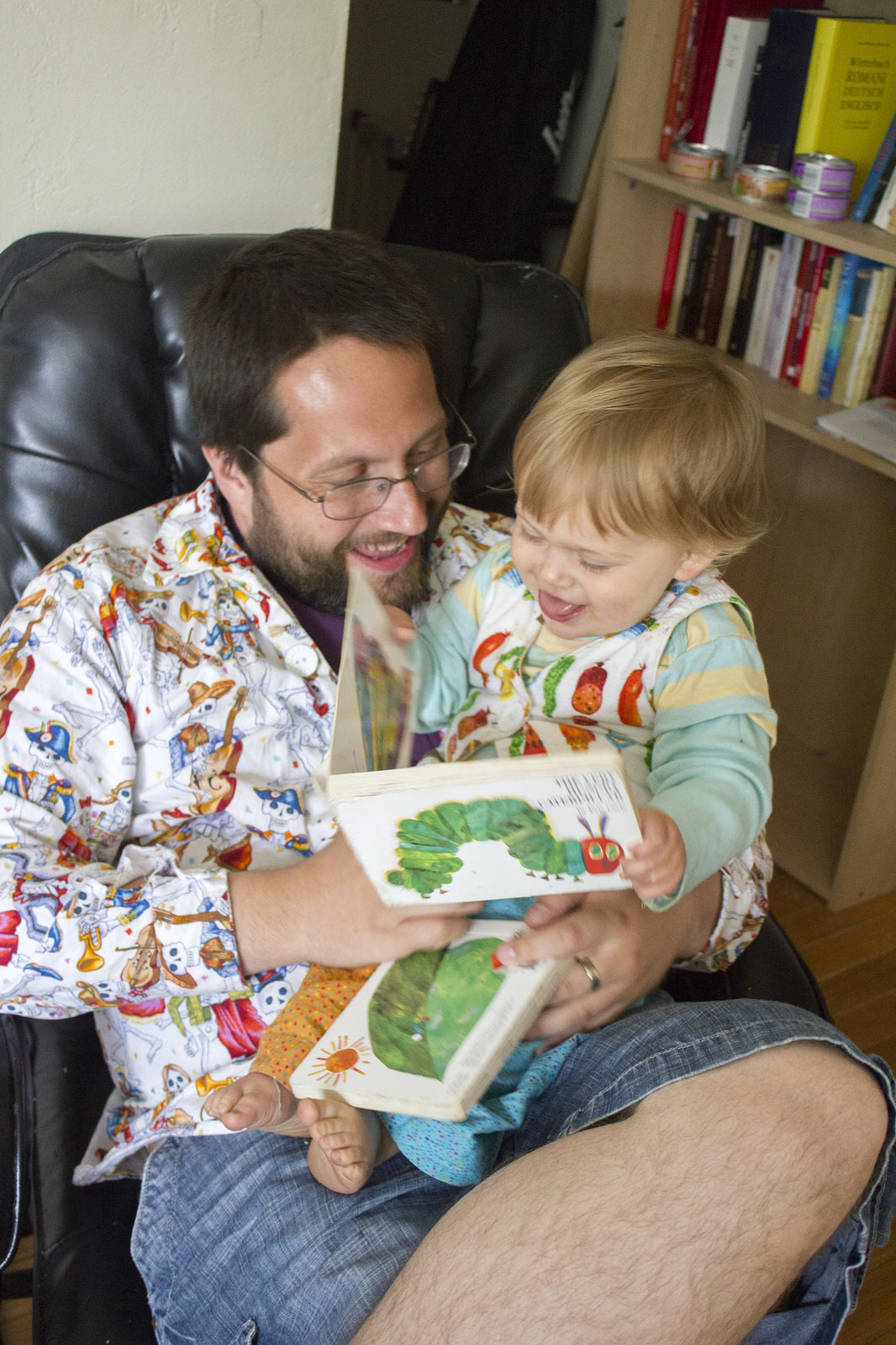
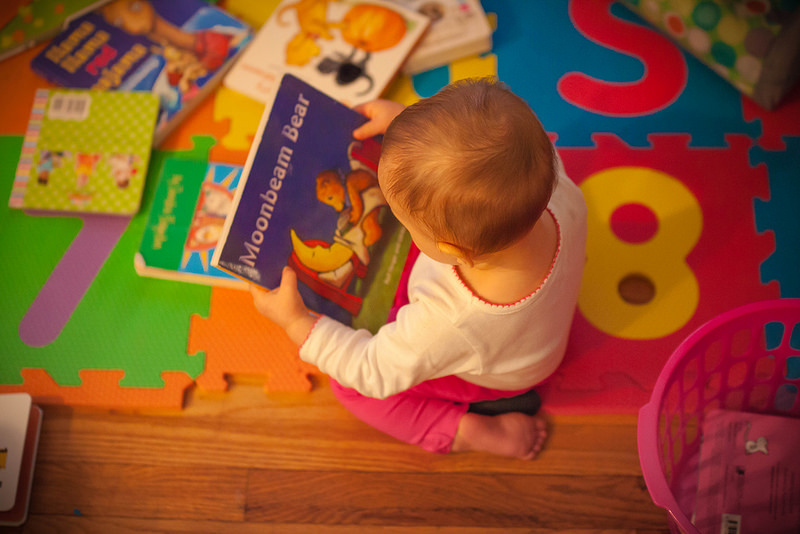
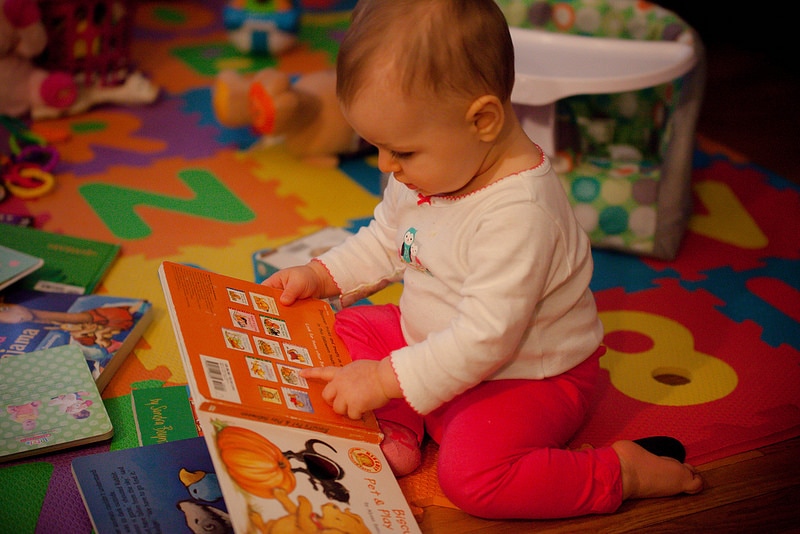
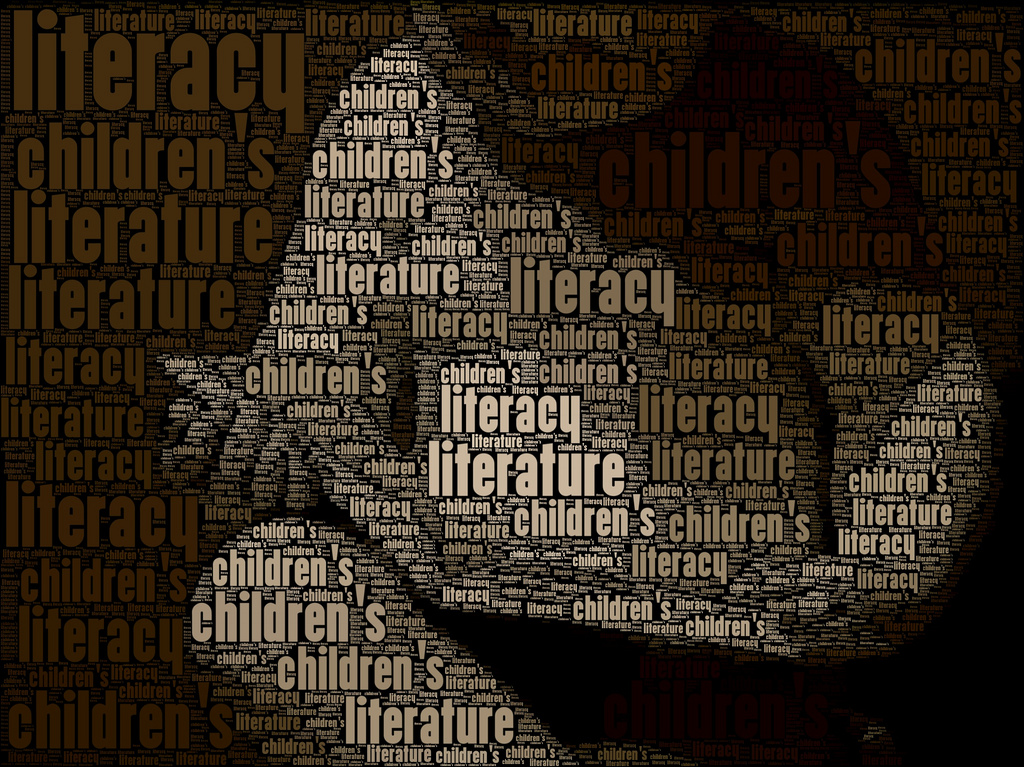

 RSS Feed
RSS Feed

